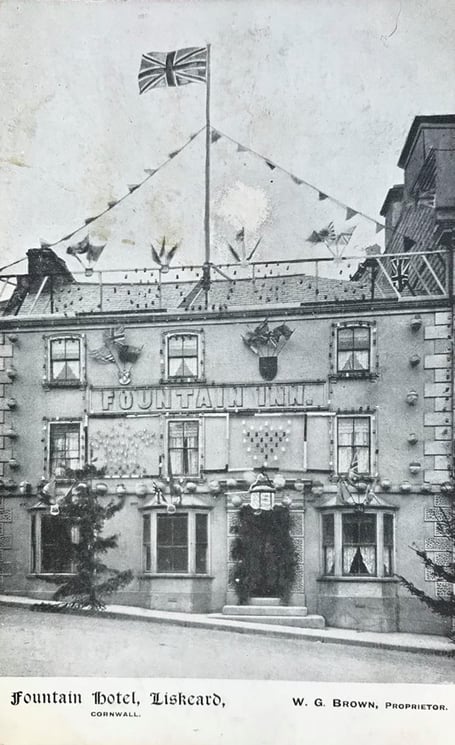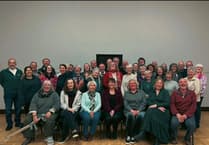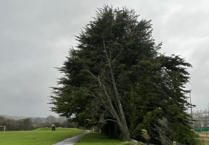As long ago as March 26, 1813 the proprietors advertised in the West Briton that they ‘respectfully inform the nobility, gentry, commercial gentlemen and the public in general, that the Royal Mail Coach from Falmouth to Plymouth can in future be boarded at the Fountain Inn, Liskeard’. From Plymouth they could transfer to the mail-coach for London, by way of Exeter and Bath. Depending on the weather and the number of stops, the journey from Falmouth to London could take up to a full week.
Three years later a Dr Taylor placed this advertisement in the West Briton ‘the well-known water-doctor from Manchester, who has performed so many cures in this neighbourhood, has the pleasure to announce that he will attend at the Fountain Inn, Liskeard, every Saturday. Any man, woman or child, bringing or sending their morning urine, may be told whether they are curable or not free of any expense, as he charges nothing whatsoever for his advice’.
Appearing before Liskeard Magistrates in July 1863 were Edward and Elizabeth Broad of the Fountain Inn. A dispute over who had the right to hang clothes in a shared garden had escalated, with the Broads physically assaulting their neighbour, Jane Jeffery. They were found guilty and fined £2. In January 1874 Henry Stephens, aged 47 of West Street, spent eight months in Bodmin Gaol for stealing £1 from a fellow customer at the Fountain Inn.
The opening of the Electric Cinema on Market Street in 1915 was widely welcomed by the residents of Liskeard. However, some other establishments expressed dissatisfaction at the increased competition. A letter appeared in the Cornish Times from Edward Hicks, Licensee of the Fountain Inn, who thought it was ‘shocking that people should be robbed of their hard-earned cash to see such rubbish’!
By Brian Oldham, Liskeard Museum volunteer and Bard of Gorsedh Kernow





Comments
This article has no comments yet. Be the first to leave a comment.